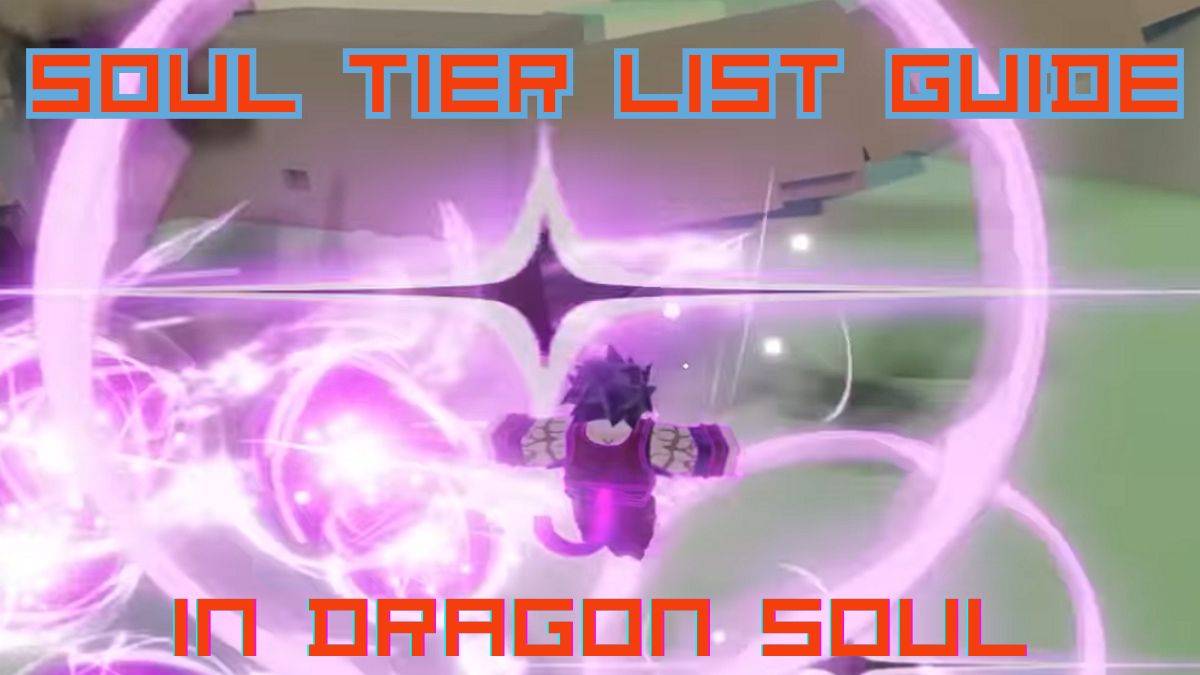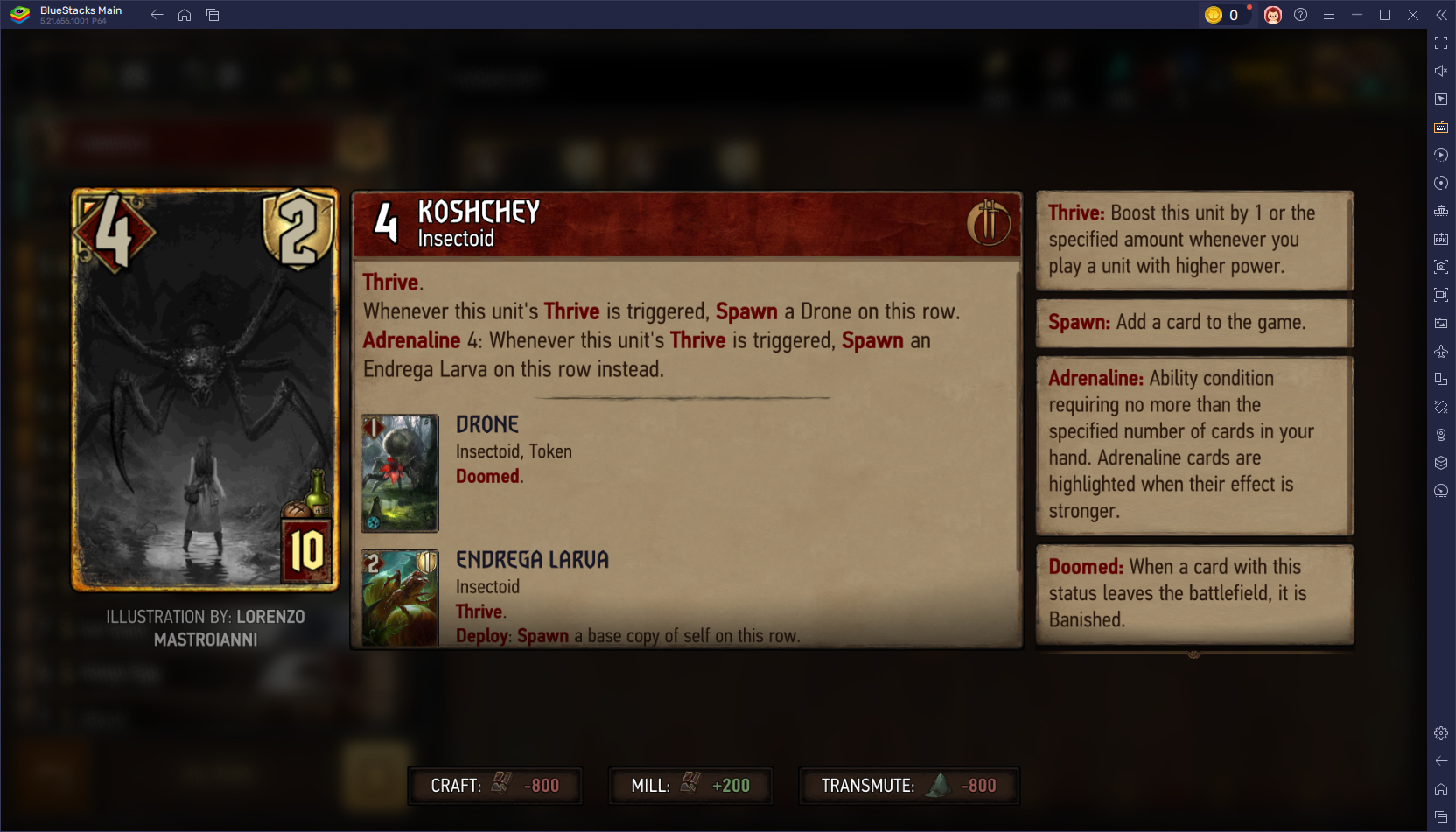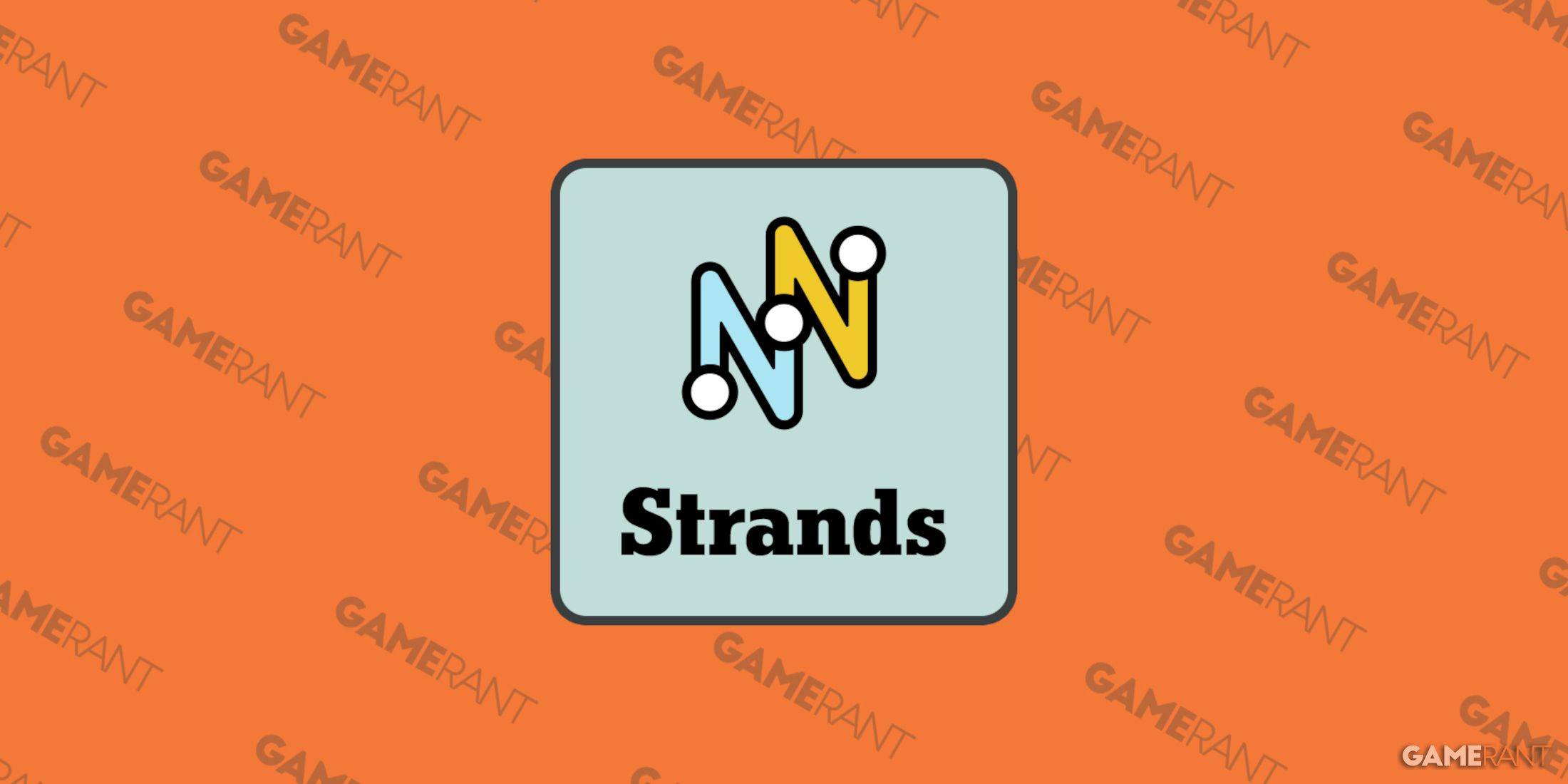Ubisoft Sued Over The Crew: Buyers Don't Own Games
- By Andrew
- May 02,2025
Ubisoft has made it clear that purchasing a game does not equate to "unfettered ownership rights" but rather grants players a "limited license to access the game." This statement came to light as Ubisoft moved to dismiss a case filed by two dissatisfied players of The Crew, who took legal action after the company shut down the original racing game in 2023.
As of the end of March 2024, The Crew is no longer playable. No version of the game, whether physical, digital, or already owned, can be purchased or played. In contrast, Ubisoft took measures to create offline versions of The Crew 2 and its sequel, The Crew: Motorfest, allowing continued play for those titles, but no such option was provided for the original game.
At the close of last year, two gamers took Ubisoft to court, asserting that they believed they were "paying to own and possess the video game The Crew" rather than merely "paying for a limited license to use The Crew." The lawsuit likened the situation to buying a pinball machine only to find essential components missing years later.
As reported by Polygon, the plaintiffs accused Ubisoft of violating several California laws including the False Advertising Law, Unfair Competition Law, and Consumer Legal Remedies Act, along with allegations of common law fraud and breach of warranty. They also contended that Ubisoft contravened California's gift card law, which prohibits expiration dates. The gamers presented images of the game's activation code, valid until 2099, suggesting it implied that The Crew would remain playable for that duration and beyond.
Ubisoft, however, refutes these claims. Their legal team argued that the plaintiffs were under the impression they were buying perpetual access to the game, and were upset that Ubisoft did not offer an offline, single-player option when the servers were shut down in March 2024. Ubisoft's lawyers emphasized that consumers were informed at the time of purchase that they were acquiring a license, not ownership. They pointed out that the Xbox and PlayStation packaging included a prominent notice in all capital letters, stating that Ubisoft could cancel access to online features with 30 days' notice.
Ubisoft has filed a motion to dismiss the case, but if unsuccessful, the plaintiffs are prepared to proceed to a jury trial. Meanwhile, digital marketplaces like Steam have updated their policies to explicitly inform customers that they are purchasing a license, not a game. This change follows a new law signed by California Governor Gavin Newsom, which mandates digital marketplaces to clarify the nature of digital purchases. While this law does not prevent companies from removing access to content, it ensures that consumers are aware of the licensing terms before making a purchase.
Latest News
more >-
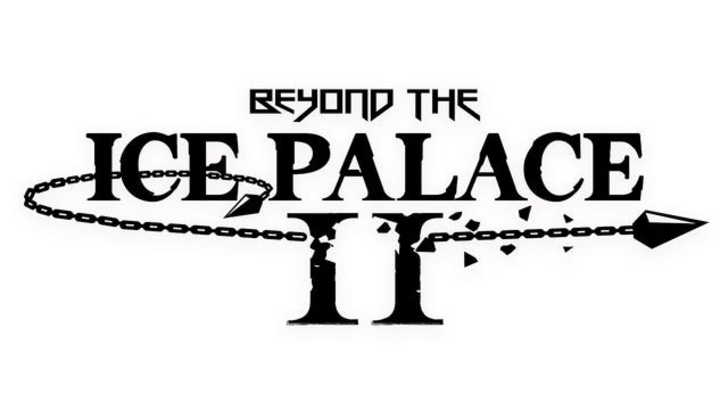
- Beyond the Ice Palace 2 Launch Details Announced
- Dec 24,2025
-
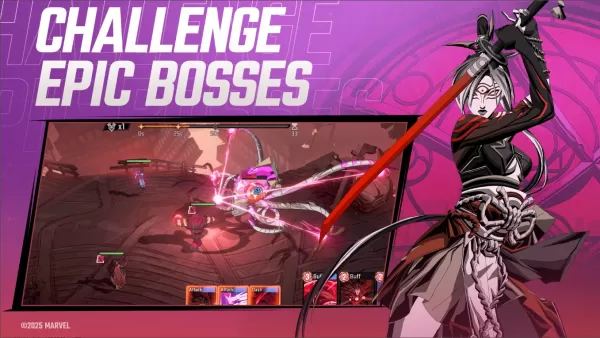
- Master MARVEL Mystic Mayhem with Top Tips
- Dec 23,2025
-

- Caleb Returns in 'Fallen Cosmos' Event
- Dec 23,2025
-
- Lies of P DLC Director Vows to Adjust Difficulty
- Dec 23,2025
-
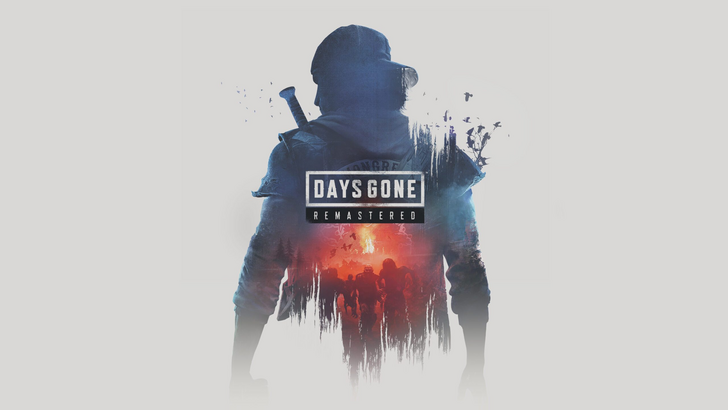
- Days Gone Remastered Launch Date Confirmed
- Dec 23,2025

